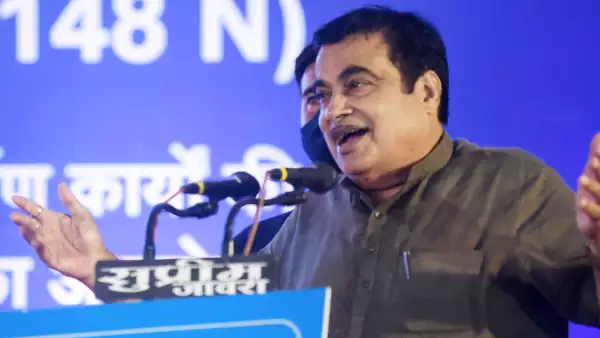In a significant proposal aimed at promoting greener mobility solutions, Union Minister of Road Transport and Highways, Nitin Gadkari, has called for a substantial reduction in the Goods and Services Tax (GST) on hybrid vehicles. Speaking at News18’s Rising Bharat Summit 2024, Gadkari underscored the need to slash the current 48 percent GST on hybrids to just 12 percent, aiming to incentivize their adoption and contribute to a cleaner and greener future for India.
Highlighting the environmental benefits of hybrid vehicles, Gadkari emphasized that while not as clean as electric vehicles, hybrids still offer significant advantages, with 60 percent electric operation and minimal pollution emissions compared to traditional Internal Combustion Engine (ICE) vehicles. He argued that it was unjust for hybrids to face such exorbitant tax rates, especially when electric vehicles enjoy a mere 5 percent GST.
Gadkari’s proposal comes as a push towards creating a more equitable taxation framework in the automotive sector, urging the Finance Minister to address the issue at the upcoming GST Council meeting. He emphasized the potential positive impact on both the automotive industry and the overall economy, foreseeing a boost in growth, reduced imports, and increased competitiveness in the global automotive landscape.
Beyond advocating for hybrid vehicles, Gadkari has also underscored the significance of Flex-fuel technology as another clean transportation solution. He highlighted the versatility of flex-fuel engines, such as his own Toyota Innova equipped with a flex engine, which seamlessly switches between petrol and ethanol fuel, offering a cost-effective and environmentally friendly alternative that reduces reliance on imported fossil fuels.
Interestingly, despite the current dominance of electric cars in India, strong hybrids are gaining traction in the market. While electric cars led sales in the June quarter of fiscal year 2023-24, strong hybrids began to catch up in the September quarter, indicating a shifting landscape in consumer preferences and the potential for hybrids to play a more significant role in India’s automotive future.






